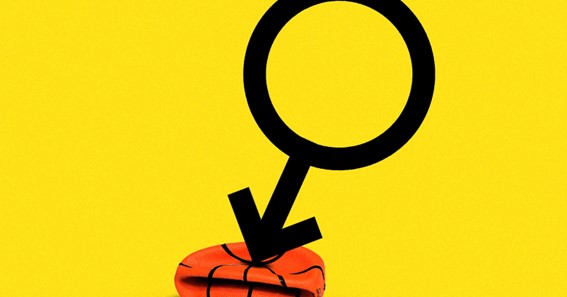Title IX of the Education Amendments of 1972 is a federal law that prohibits any discrimination based on sex in education institutions. As a result of Title IX, educational programs need to deal with sexual harassment and assault in a timely manner and in a way that allows students to participate in and benefit from educational activities. All the students should be aware of their rights, and schools should know their responsibilities that fall under the law. Let us answer some common questions about Title IX below.
What falls under Title IX?
Education programs or activities receiving federal financial assistance must abide by Title IX. This includes many private and all K-12 public schools. Moreover, federally funded after-school and extracurricular activities, libraries, museums, and vocational rehabilitation agencies fall under this definition.
Who is protected under Title IX?
Regardless of their gender, sexual orientation, immigration, nationality, race, or ability, every student is protected from discrimination under Title IX. The law protects not only girls and women but men and boys too. Title IX is also applicable to organizational employees, such as staff, teachers, and administrators.
What is sex discrimination Under Title IX?
Sex discrimination Title IX includes sexual and gender-based harassment. Sexual harassment could be of many types, such as sexual advances, sexual comments, or any non-consensual contact. Gender-based harassment occurs when a person is harassed for sexual orientation or gender stereotypes of gender identity.
Harassment is forbidden by Title IX when it creates a hostile environment for an individual, and they cannot benefit from school. A single or repetitive incident can cause a hostile environment.
Click here – How To Claim Compensation For Personal Injury
What is the role of a Title IX Coordinator?
Title IX Coordinators take care of training students, staff, and faculty on rights and obligations under Title IX. They receive complaints and monitor the school’s response to complaints of harassment and violence. In addition to addressing individual cases of sexual discrimination, coordinators are responsible for creating safe, effective environments for everyone.
What happens when there is a claim of sexual harassment?
All complaints about Title IX must be handled through a clear, timely, and equitable grievance procedure available to all school community members who file a complaint with the coordinator. Although individual procedures vary from district to district and state to state.
What should the school do after the complaint is resolved?
For the time being, schools must provide interim accommodations to protect complainants. This may mean changing classes, limiting contact between parties, or providing alternative teaching options. Schools need to minimize the burden on the complainant, so a person coming forward with a complaint will not be penalized for speaking out. They also need to ensure that victims learn about existing resources such as academic support, counseling, and legal assistance.
Click here – Creating Courses Online
